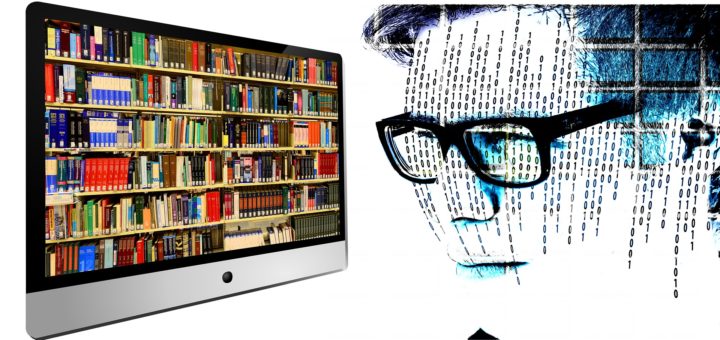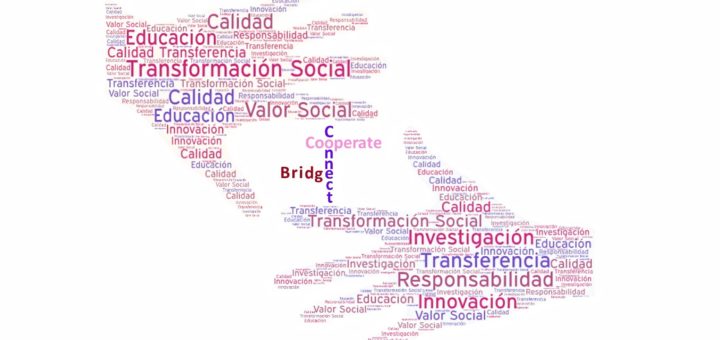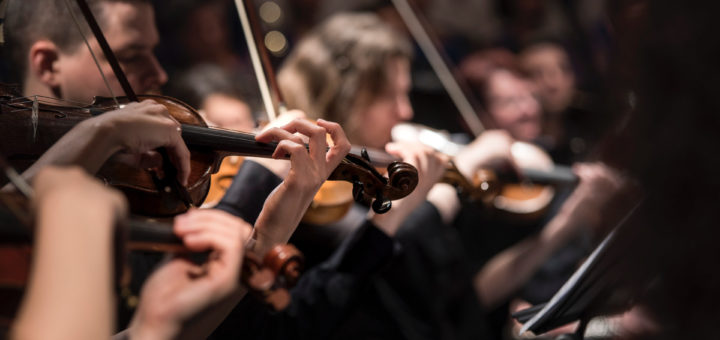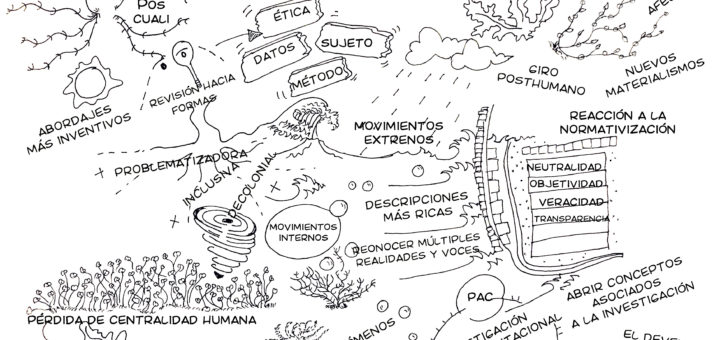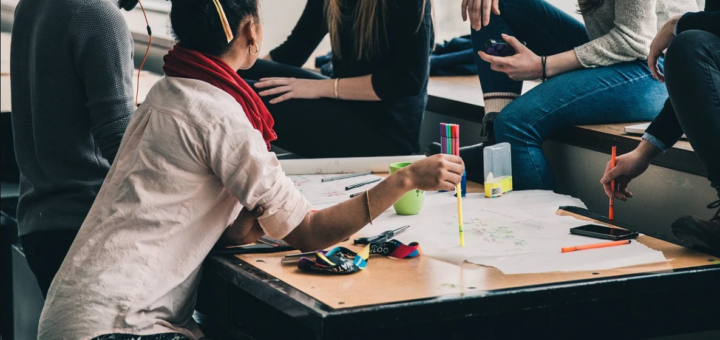Author: REUNI+D Artículos
The concept of Open Science brings a new way to carry out the scientific research and emphasise the collaborative, transparent and accessible conditions of this task. It demands that researchers make available their results, but also they must assume the commitment of applying practices to promote the use of shared resources. Several organizations, like EU and UNESCO, are driving initiatives in order to achieve this aim, and universities, as one of the main sources of new knowledge, are assigned to be an essential element in this new scene.
To answer the question of the tittle, the chapter “Research on educational technologies: beyond artifacts” (Area, Miño, Rivera-Vargas & Alonso, 2020) published in the book “Caminos y derivas para otra investigación educativa y social” by Editorial Octaedro, analyzes the dominant and the emerging trends in research on educational technologies in the context of the digital society.
In the chapter Educational Research and Social Responsibility (2020), we value the need to carry out educational research engaged in social transformation from the approach of Science with and for Society (SwafS). In this situation, transfer models play a relevant role in creating synergies between all the agents involved and providing research with social impact. Research and practice partnerships are a challenge and a requirement for the credibility of educational research.
As a result of the cooperation between the Grupo de Investigación Stellae (Universidad de Santiago de Compostela) and IARTEM (International Association for Research on Textbook and Educational Media), with the support of other institutions and groups, this book is the result of a collaborative work made by a large group of national and international Music Education researchers. The volume brings reflections on the meaning, role and importance of didactic materials for music development. The title brings considerations and researches form authors from different countries. It is one of the first works of its kind to assemble, systematize and organize researches on Music Education and Didactic Materials.
In this historical moment, disrupted by digital technologies incorporated into daily life, as this terrible pandemic we are suffering has made with stark evidence, ethnography becomes an essential tool to understand what is happening in contemporary culture and society.
The post-human shift has given way to new forms of research, becoming a catalyst for other ways of thinking and research under a general term called post-qualitative research. This new form of positioning invites us to rethink and re-situate our own practice in relation to educational research.
This book is a result of collective effort of REUNI+D. It offers a frame for reflection on emerging perspectives of research, to overcome a scene characterized by standardization, protocolization and instrumentalization of methodologies.

